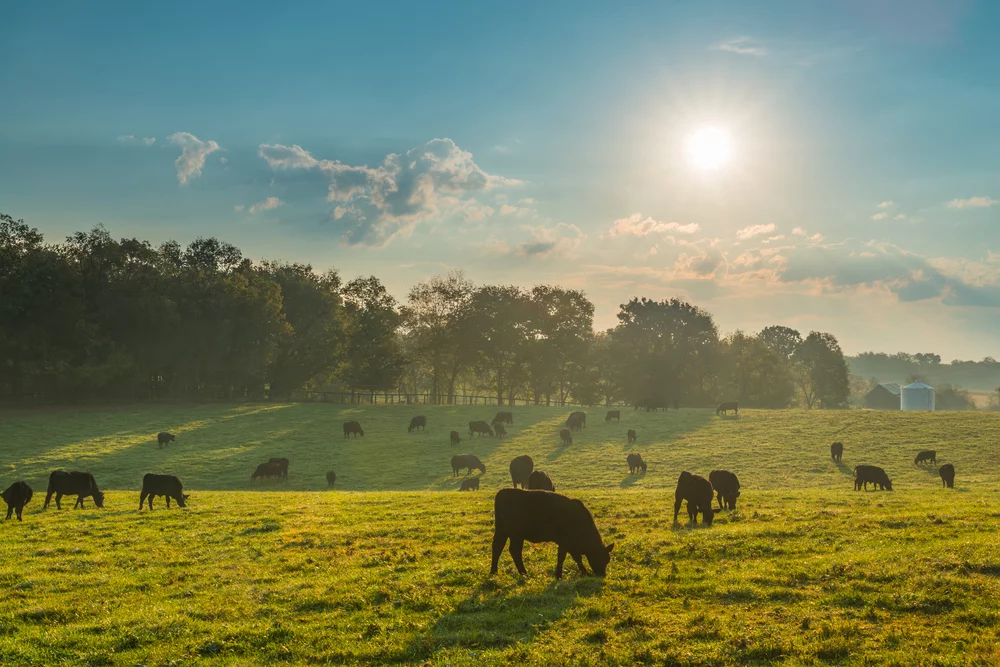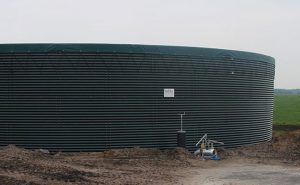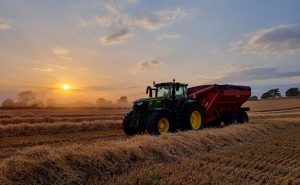Prepare your agricultural practises ahead of Spring

Spring can be a busy period for those preparing their farms to plant crops once the cold has begun to thaw. During this time, it’s critical to ensure that your practices are up to scratch, including preparation and safety planning to ensure that processes can be completed without accidents or error.
Inspecting and maintaining
Ahead of Spring is the ideal time to conduct a thorough inspection of the farming environment. This includes touring the entirety of the land and taking a closer look at the condition of fencing, outbuildings, machinery and livestock housing. Identifying signs of wear and tear which can then be collated into a list to ensure that the assets are all replaced or fixed ahead of the busier seasons and ensure the safety of farm workers and animals.
Servicing farming machinery is vitally important to the continued well-being of the farm. Calling on an expert engineer to maintain all tractors and machinery during quiet periods can ensure that they are all running smoothly and offers the opportunity to replace any parts that may have become weathered or worn down.
During this time it is also advisable to ensure that greenhouses have been properly ventilated, to reduce the risk of damaging plants due to temperatures getting too high. High temperatures can result in wilting and dehydration of the soil, which in turn can result in loss of plants and crops.
Livestock maintenance
During the Spring, agricultural cleaning out of livestock shelters should also be a priority. Livestock can spend some time outside whilst you can conduct a thorough mucking out of all the shelters and conduct any maintenance of the areas to ensure their habitats are dry and clean.
With the prime calving and lambing seasons approaching, time ahead of Spring should be spent ensuring all animal vaccinations are up to date. Each animal should receive a health check from a registered vet and any ailments should be treated as soon as you notice them, to ensure healthy and happy livestock.
Soil preparation
Preparing soil for crops and planting is one of the key agricultural activities that farms should undertake during the Spring. Testing the pH of the soil will allow you to accurately gauge the nutrient levels of your soil and determine if extra is needed to produce a healthy yield. This is also the optimum time to cultivate the soil and prepare it for the upcoming sowing. You may find that you require an additional application of lime to increase the soil pH and neutralise effectively. Alternatively, if you need to decrease the soil pH, you may need to add sulfur, however, this is overall less common than the former. Without a test, the pH level of soil cannot be determined, without this, you will be unable to pinpoint problems and make amendments prior to planting.
How to prevent and limit injuries during agricultural practices
- Create a set of rules to follow which outline appropriate jobs for each member of the farm, or family, to reduce risk of age-related injury
- Educate younger members of the farm and encourage involvement within farming and agricultural service safety practices, regularly to ensure this is second nature
- Conduct extensive inspections of every area of the farm to identify hazards, unstable areas and sections which may be more dangerous than others
- Provide regular safety skills meetings which review the current practices, ways in which to push for heightened safety in order to reduce risk





